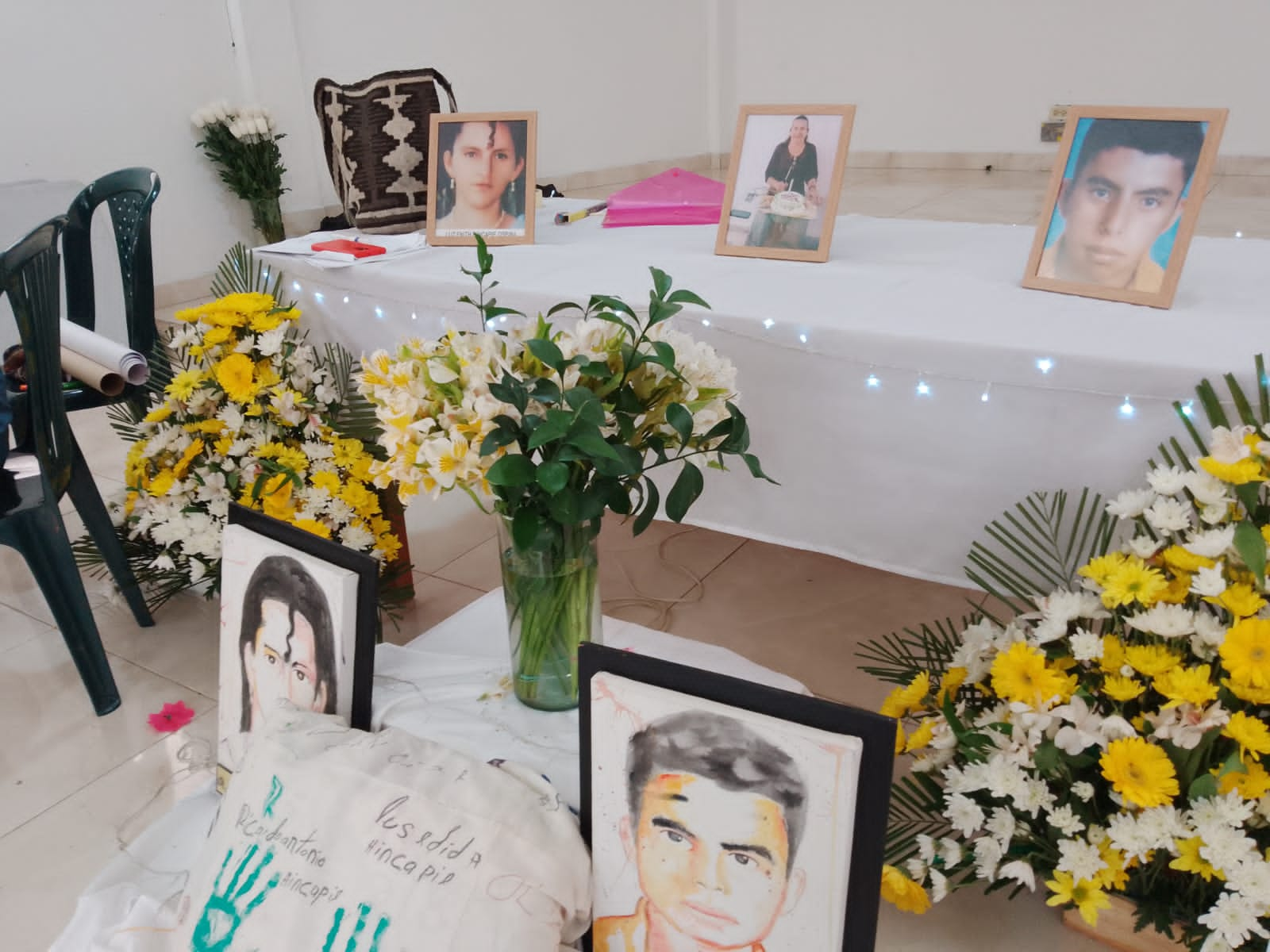
EQUITAS: searching for the disappeared in Colombia
Our grantee partner EQUITAS, founded in 2004 in Colombia, aims to bring forensic expertise to the investigation of gross human rights violations. A key part of its work is helping people whose family members have been forcibly disappeared. According to Colombia’s Truth Commission, over 120,000 people have been forcibly disappeared in connection with the internal armed conflict in the country, which has been running for nearly 60 years. Families continue to demand the rights to truth, justice and reparation, having waited for their missing loved ones in some cases for over 30 years.
In 2017 EQUITAS joined two other organisations, Fundecos and Cedat, to develop a plan to search for over 1,500 missing persons in the Magdalena Caldense region. EQUITAS CEO Diana Arango had previously told journalists that, “part of the objective was not to allow this scourge to remain in the shadows, with more doubts for their families. The intention was always to search for victims, identify them and return them home.”
In recent years their work contributed to:
- Documentation of 187 cases of victims of disappearances, 11% of registered cases;
- Taking 426 biological samples from victims’ families to support the identification process;
- Documentation of 1,163 forensic sites of interest for the search, such as open fields, cemeteries and rivers; of which 126 have been verified;
- Development of a scientific investigation to search for victims thrown into rivers, whose bodies may remain under water;
- Exhumation of 90 bodies (often where buried as unidentified persons);
In addition to helping to locate and identify missing victims, EQUITAS has offered a support network for their family members, including providing meeting spaces to bring them together. EQUITAS noted that this “has allowed victims and their families to tell their stories and prevent them from being forgotten.”
Although the ultimate goal of returning the disappeared to their families is a challenging one, EQUITAS has achieved this in eleven cases in the last two years. Aracelly Hincapié Ospina, whose siblings Ricardo Antonio and Luz Enith were two of the eight victims identified and returned to their families, explained the importance of this work: “Our process was long and torturous, but impossible if it hadn’t been for the help of so many people interested in finding the disappeared… we want more people in Caldas and in Colombia to be able to say goodbye to their loved ones as we did. There is no room for forgetting here and together we will take care of that.”
Return to grantee stories
